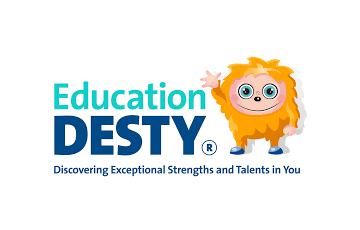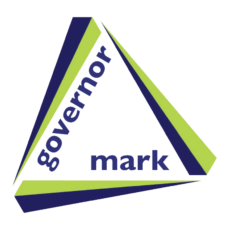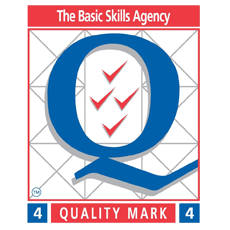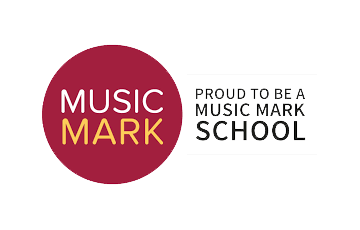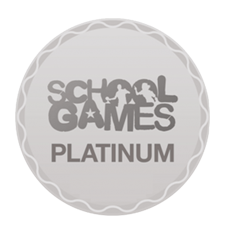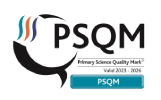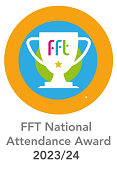Writing

Intent
To develop a quality curriculum and nurture a culture where children take pride in their writing, can write clearly and accurately and adapt their language and style for a range of contexts.
Implementation
The School aims to:
- give Writing a purpose and make it an enjoyable experience by presenting a wide variety of writing opportunities;
- develop the children’s confidence as young writers;
- help children see writing as an important means of communication;
- develop Writing by positive teaching of skills and encouragement;
- give each child the opportunity to write in a variety of genres and for a variety of audiences.
Classroom writing situations should emphasise to the children the purpose of Writing and give the children the opportunity to write in a variety of genres and for different purposes and audiences.
Pathways to Write is a proven methodology designed to equip pupils with key skills to move them through the writing process towards their final outcome. It is built around units of work that follow a mastery approach to the teaching of writing.
To support this approach, clear detailed lesson plans and resources are linked to a high-quality text. Pathways to Write ensures engaging and purposeful English lessons. The units can be used thematically to encourage a whole school approach to writing with the opportunity for topics to link across all year groups.
Each unit covers a range of areas in the national curriculum:
- Mastery of vocabulary, grammar and punctuation skills
- Writing a range of genres across a year
- Vocabulary development
- Using a wider range of reading comprehension strategies as a whole class
- Spoken language activities including drama and presentations
- Opportunities for practising previously taught genres
- An extended, independent piece of writing
This process follows three stages:
The Gateway (1-2 lessons)
- Begin at the Gateway with a ‘hook’ session to intrigue and enthuse young writers
- Use objects, people, images or role-play to stimulate questions about the chosen text
- Give pupils the opportunity to predict the text
- Establish the purpose and audience of the writing
- Revisit previous mastery skills and ongoing skills
The Pathway (10 lessons)
- Introduce pupils to three new writing skills from their year group curriculum
- Provide opportunities to practise and apply the skill they have learnt through short and extended writing tasks including character descriptions, poetry, dialogue between characters, fact files or diary entries in role
- Provide opportunities to re-cap and apply previously taught skills
- Challenge greater depth writers through a wider range of tasks e.g. changes to form, viewpoint and audience
Writeaway (4 lessons)
- Section and sequence texts independently or collaboratively
- Create extended pieces of writing over time
- Opportunity to apply mastery skills
- Time for planning, writing, checking, editing, redrafting and publishing
- A fiction or non-fiction outcome will be written (covering a wide range of genres and themes over the year)
To find out more information about Pathways to Write follow this link:
https://www.theliteracycompany.co.uk/product/pathways-to-write/
In our School we have high expectations of presentation. To support this handwriting, practice is undertaken regularly across School and children write in pencil until they obtain a pen licence. Teachers and Teaching Assistants are expected to demonstrate high quality presentation and handwriting when marking, working with children or scribing in a lesson.
In the new English curriculum grammar and spelling now plays a key role in the children’s writing. To support our children’s grammar and spelling progression and attainment the teachers integrate time to practising these skills within their English 'Pathways to Write' lessons so that these skills are taught in context.

Spelling continues to be a big focus for 2024. We follow a mastery approach to the teaching of spelling through the programme ‘Pathways to Spell’. It is a programme designed to deliver the statutory content of the Primary National Curriculum for spelling in key stages 1 and 2. Through weekly teaching of spelling objectives and development of a whole school approach to word transcription, vocabulary development and proof-reading, the programme aims to develop children as proficient spellers.
EYFS
In EYFS, children have daily fine motor opportunities. This allows for teachers to continually check the process of children’s handwriting (pencil grip and letter formation). This allows for staff to give extra guidance where appropriate. Children use high quality texts and role play areas as a stimulus to write with a purpose, e.g. writing shopping lists, labelling characters and images. They will then develop this into writing instructions, simple punctuated sentences and use texts as a model for writing their own stories.
Impact
The organisation of the English curriculum has developed enthusiastic writers who enjoy showcasing their developing writing knowledge and skills. Children are confident to take risks in their writing, and love to discuss and share their ideas during English lessons. Outcomes of work in both English and topic books evidence the high quality of work and the impact of varied and cross-curricular writing opportunities. These enable children to write across a range of forms and adapt their writing successfully, considering the purpose.
Children are assessed regularly using their independent pieces of writing. Attainment at the end of EYFS, KS1 and KS2 is above that of the Local and National Average.
Children achieving greater depth is also above that of Local and National Average.





